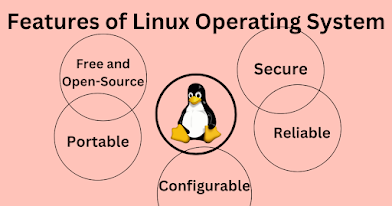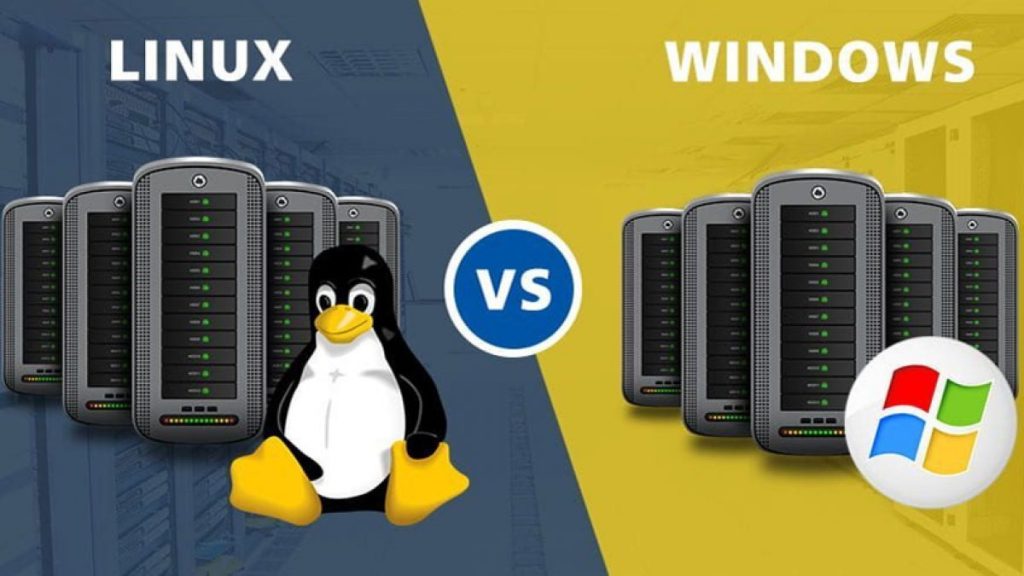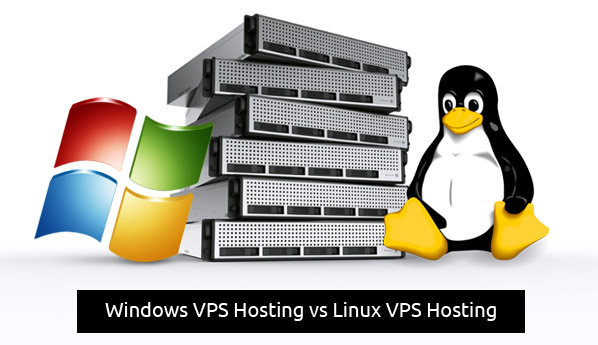In the dynamic world of virtual private servers (VPS), the choice between Linux VPS and Windows VPS is a crucial decision that can significantly impact the performance, security, and overall user experience. In this blog post, we will unravel the reasons behind the ongoing debate over the superiority of Linux VPS versus Windows VPS, helping you make an informed decision based on your specific needs.

Table of Contents
What is Linux VPS
A Linux VPS (Virtual Private Server) is a virtualized server environment that runs on a Linux-based operating system. In a VPS setup, a physical server is divided into multiple virtual compartments, each operating as an independent server with its own dedicated resources, operating system, and configuration. Linux VPS hosting leverages the Linux operating system to provide users with a flexible, reliable, and cost-effective solution for hosting websites, applications, and other online services.

Key features of Linux VPS
- Virtualization: The physical server is divided using virtualization technology, such as KVM (Kernel-based Virtual Machine) or OpenVZ, to create isolated virtual machines. Each virtual machine operates independently, with its own resources like CPU, RAM, storage, and network connectivity.
- Operating System: Linux VPS servers run on various distributions of the Linux operating system, such as Ubuntu, CentOS, Debian, Fedora, or others. Users can choose the Linux distribution that best suits their needs and preferences.
- Compatibility: Linux supports a wide range of programming languages and applications, making it versatile for hosting various types of websites and services.

What is Windows VPS
A Windows VPS (Virtual Private Server) is a virtualized server environment that runs on a Windows-based operating system. Similar to Linux VPS hosting, a Windows VPS involves dividing a physical server into multiple virtual compartments, each functioning as an independent server with dedicated resources, its own operating system, and configuration. Windows VPS hosting is designed for users who prefer or require the Windows operating system for running specific applications, services, or websites.

Key features of Windows VPS
- Virtualization: The physical server is partitioned using virtualization technology, such as Hyper-V or VMware, to create isolated virtual machines. Each virtual machine operates independently, with its own allocated resources, including CPU, RAM, storage, and network connectivity.
- Operating System: Windows VPS servers run on various versions of the Windows operating system, such as Windows Server 2012, 2016, 2019, 2022 or others. Users can choose the Windows version that aligns with their application and compatibility requirements.
- Compatibility: Windows VPS hosting is particularly suitable for applications and services that require a Windows environment. This includes websites built on technologies like ASP.NET, applications developed with Microsoft technologies, and services that rely on specific Windows-only features.
Why is a Linux VPS a better choice than a Windows VPS
Selecting a Linux VPS over a Windows VPS offers several advantages, making it a preferred choice for many users:

- Cost Efficiency: One of the primary factors that propel Linux VPS to the forefront is its cost efficiency. Linux, being an open-source operating system, eliminates the need for costly licenses, making Linux VPS a more economical option. For those looking to maximize their budget without compromising on performance, Linux emerges as the financially savvy choice.
- Performance and Resource Efficiency: Linux’s reputation for optimal resource utilization sets it apart in the performance arena. Its lightweight design and efficient architecture enable Linux VPS to deliver robust performance even on hardware with limited resources. This efficiency becomes crucial for users running resource-intensive applications or high-traffic websites.
- Security: Security is a paramount concern in today’s digital landscape, and Linux VPS addresses this with its inherently secure nature. The permission-based access control and swift vulnerability patching make Linux a fortress against potential threats. Choosing Linux VPS translates to a proactive stance on security, providing users with peace of mind.
- Flexibility and Customization: Linux’s flexibility and extensive customization options make it a playground for users who want to tailor their VPS environment precisely to their needs. The availability of open-source software empowers users to create a bespoke hosting environment, a feature highly valued by developers and businesses with unique requirements.
- Compatibility: While Windows VPS may be essential for running Windows-specific applications, Linux VPS boasts broader compatibility. Supporting a wide array of programming languages and applications, Linux stands as a versatile platform for hosting diverse websites and services. This versatility becomes a significant advantage for users with varied technological needs.
- Community Support: The Linux community, renowned for its vigor and responsiveness, serves as a pillar of support for Linux VPS users. The wealth of documentation, tutorials, and active forums ensures that users can find solutions to challenges promptly, fostering a sense of community and reliability.
- Minimal Reboots: Linux VPS typically requires fewer reboots compared to Windows VPS after software updates or configuration changes. This characteristic is advantageous in maintaining a continuous online presence, as reboots often result in temporary service disruptions.
Conclusion
In the Linux vs. Windows VPS debate, the evidence tilts strongly in favor of Linux. Its cost efficiency, performance, security, flexibility, compatibility, and robust community support make Linux VPS an intelligent and compelling choice. By opting for Linux, users embark on a hosting journey that not only meets their immediate needs but also positions them strategically for future growth and adaptability in the dynamic digital landscape.

